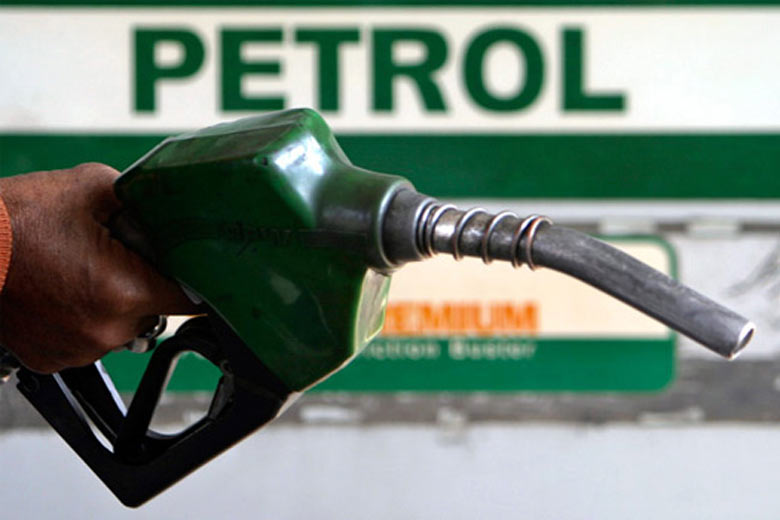- Despite NNPC’s Massive Importation, Marketers Still Sell Petrol Above Official Ex-depot Price
Despite the flooding of the Nigerian market with petrol by the Nigerian National Petroleum Corporation (NNPC), which has led to the sale of the product at official pump price, some depot owners are still selling above the official ex-depot price, investigation has revealed.
Investigation revealed that while filling stations were selling at pump price of N140 –N145 per litre, which comply with the retail price band of N135 – N145 set by the Petroleum Products Pricing Regulatory Agency (PPPRA), most of the depot owners were yet to revert to the N123.28 – N133.28 indicative ex-depot price set by the pricing agency.
It was gathered that apart from the major oil marketers, about 12 other depots had stock of petrol at the weekend.
The major marketers include: Oando Plc, Total Nigeria Plc, Mobil, Forte Oil, Conoil, and MRS.
The major oil marketing companies traditionally sell at N145 per litre at the depots but to only their dealers, who are also provided with special offers to ensure that they sell at the same N145 per litre in their branded filling stations.
Apart from the major marketers, petrol was also available in about 12 other depots – AA Rano, Chi-Pet, First Royal, Folawiyo, Heyden Petroleum, Integrated Oil and Gas, MRS, Obat, African Tanker, T-Time Pet, and Wosbas.
Investigation revealed that ex-depot price was different in many of these 12 depots, where products could be accessed from third party at ex-depot prices of N133.50 – N136.50, compared to the indicative ex-depot price of N123.28 – N133.28 recommended by the PPPRA via the circular with reference number A.4/9/017/C.2/IV/690 of May 11, 2016.
One of the marketers, who spoke off the record, blamed the situation on NNPC’s role as the sole importer of petrol.
“Marketers are finding it difficult with NNPC as the sole importer, because NNPC buys at a higher cost at the international market than the private marketers. If the private marketers are given the same incentives to import like NNPC, they will buy at cheaper cost and the ex-depot price will come down,” he said.
However, despite these price differentials, investigation revealed that some independent marketers even sell below N145 per litre, while the major marketers stick to N145.
The NNPC had flooded the whole country with petrol, forcing the marketers to devise various kinds of incentives to woo customers and prevent glut in the market.
Some of companies are providing special offers to their dealers to boost turnover and avoid glut.
Media had reported that exactly six months after the NNPC assumed the sole importer of petrol in October 2017, the corporation had finally normalised the supply of the product.
The corporation’s inability to bridge the supply gap created by the refusal of the private marketers to import petrol, had led to fuel crisis, which marred the Christmas celebration and lingered into the first quarter of 2018.
But the NNPC’s success was achieved at a great cost to the country as the corporation’s under-recovery, which is the loss incurred by selling the imported product at official prices of N133 per litre at the depots and N145 at the pumps, was said to have hit N1.4 trillion.


 Billionaire Watch3 weeks ago
Billionaire Watch3 weeks ago
 Startups4 weeks ago
Startups4 weeks ago
 News4 weeks ago
News4 weeks ago
 News4 weeks ago
News4 weeks ago
 Bitcoin4 weeks ago
Bitcoin4 weeks ago
 Naira4 weeks ago
Naira4 weeks ago
 Forex3 weeks ago
Forex3 weeks ago
 Treasury Bills4 weeks ago
Treasury Bills4 weeks ago
























